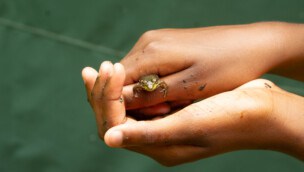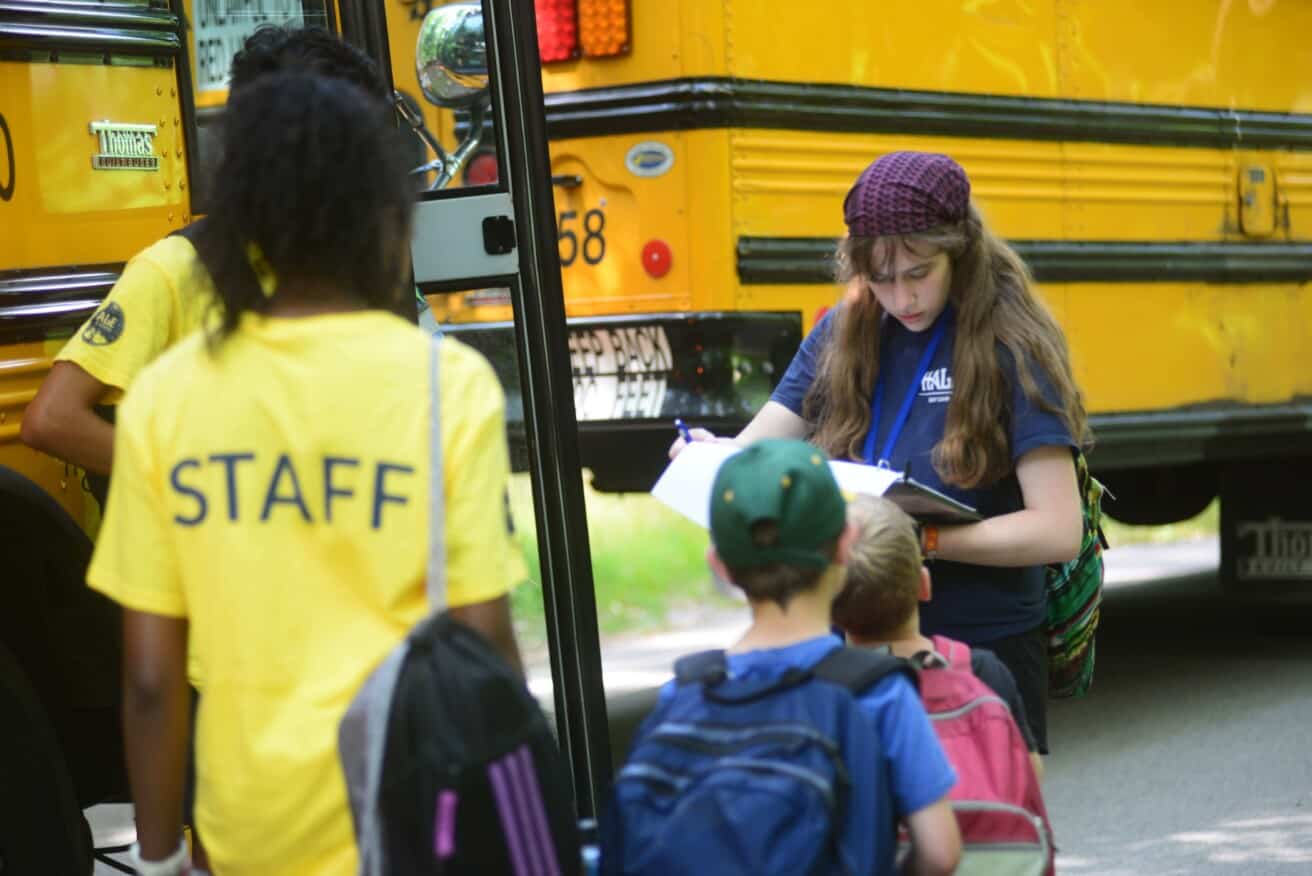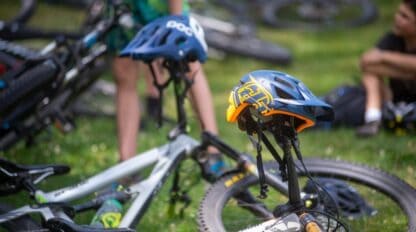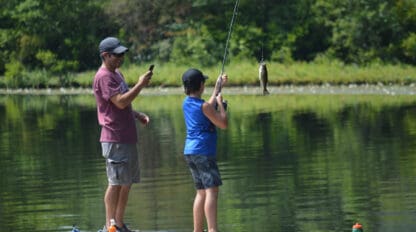Whether your child is about to begin their first summer program or they’ve been attending camp for years, planning is key to make the transition from school to camp a smooth one. It’s about more than just packing lists and sunblock (but those are important, too). Calming any anxieties and helping them know what to expect is also key to a successful summer experience.
Choosing a Camp
The “right” camp isn’t the same one for every child—what works for one camper may differ from what works for their friends or even their own siblings.
Some children are more independent and flourish at overnight camps or day camps with overnight experiences (such as Hale Adventure Camp), while other children may feel more secure in programs that take place during typical school day hours (such as Hale Day Camp).
Many children thrive in traditional camp environments that cater to a variety of interests and abilities. Others may be laser-focused on specific sports or hobbies. Hours, transportation, and financial aid are also important considerations that should be taken into account.
Finally, check to see if your camp is accredited by the American Camp Association, which reviews and verifies “a camp’s commitment to the well-being of campers and staff.”

Equipment and Gear
Camp is wonderfully messy, so while you may want to invest in a few items that can be used from year to year, like rain gear and backpacks, consider leaving favorite t-shirts and sneakers at home in case they get lost or caked in mud and tie-dye paint.
To maintain your budget and go green, reach out to other caregivers in a local “Buy Nothing” or “Parent/Caregiver” group on social media, or visit a local thrift shop for tops and bottoms to get you through the messiest of days. Camps typically provide lists of items they recommend, but don’t forget sunblock, bug spray, and a water bottle no matter where your camper is headed!
Overnight programs often require additional items like sleeping bags, toothpaste, and other essentials. Outdoor retailers often have clearance sales on camping pillows, swimsuits, flashlights, and more. But before you buy, confirm what gear your camp provides. And remember to label all of your camper’s belongings so they can be reclaimed from lost and found bins.
Health and Safety
Camps require children to be up to date on vaccines, so be sure to provide your camper’s current medical records before camp begins. If your child has any special needs, paperwork and documentation may be required for those as well (e.g. asthma action plans, allergies that require EpiPens, or IEPs). If your child is old enough, this is also a good time to review how to self-administer medications, if needed. If your child does not have any allergies, seize the teachable moment and help them understand that other campers may have nut allergies. Involve them in planning nutritious, nut-free lunches to sustain their activity-filled days!
Emotional and Social Preparation
Changing routines, making new friends, and adjusting to new locations can be challenging for children (and caregivers, for that matter). Help your camper adjust to their summer schedule by familiarizing them with the who, what, where, when, and why of camp.
Most camps provide an online resource, whether it’s a website, social media page, or downloadable guide, where you can see the people and places that will be the foundation of your child’s summer. Visiting camp in person is always ideal, but virtual tours and Q&As can be great alternatives.
Younger children may benefit from drawing pictures of their ideal camp experiences, reading books about children going to camp, or listening to stories from last year’s campers. Use a calendar to show them which weeks they’ll be away and explain why the experience will be so good for them.
Role play can be an effective tool as well. Let your camper “play camp” with friends using a sample daily schedule and observing camper expectations. They can practice things like meeting new people, taking care of their belongings, and waiting their turn for activities.
Communication
Stay involved in your child’s camp by visiting their camper resource and social media pages for updates, signing up for newsletters, and debriefing the experience with your camper.
At the dinner table or before the nightly tuck-in, consider asking them about each day’s “rose” (their favorite thing), “thorn” (their least favorite thing), and “bud” (what they’re looking forward to).
If you have any questions or concerns, don’t hesitate to reach out to your camp. They’ll be happy to help you and your camper make the most of your summer experience.










